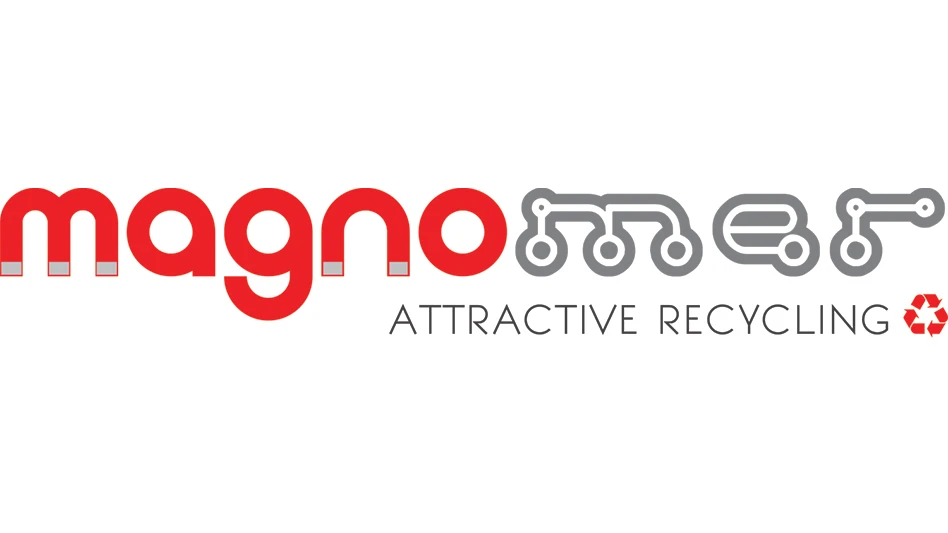Export market conditions have led to an excess supply of some secondary plastics in the domestic market, which is giving buyers more control, a source based in the Southeast says.
As a recycler of postindustrial plastics, including polypropylene (PP), polyethylene terephthalate (PET), polyethylene (PE) and nylon, she says plastic scrap generation is steady as of late April. However, she says export conditions are leading to a surplus of material on the domestic market, which is lowering pricing.
Despite this, she says demand remains good for PP, while PET and polyvinyl chloride (PVC) are “seeing some rebound.”
The recycler says engineering grades also are seeing better movement, adding, “It’s about time.”
PE grades, however, are “weak across the board,” she says, as is low-density polyethylene (LDPE) film.
A broker based in the Midwest describes the market as of late April as “kind of slow.”
He says at the end of 2018, off-spec commodity grade resins were “dumped on the market,” which has brought down pricing for regrind and plastic scrap throughout the first quarter of this year.
“I am still working with exporters to India for the time being, but other countries are coming out to actively source, such as those in Latin America and South Korea.” – a recycler based in the Southeast
“I am hoping to see a jump in the second quarter,” the broker says.
Regarding export orders, he says it is “just like pulling teeth” to make the freight and terms work, though the demand is there. His company normally trades with buyers in Hong Kong, Thailand and Malaysia.
Regarding the regulatory situation in these countries governing plastic scrap imports, he says, “It feels like it is tightening up each year.”

He predicts that his company will be affected in the long term by such actions but adds that he does not see anything in the short term to be worried about.
“I am still working with exporters to India for the time being, but other countries are coming out to actively source, such as those in Latin America and South Korea,” the recycler based in the Southeast says.
She says India’s plans to end plastic scrap imports in August should not negatively affect her company because she has “never relied heavily on India.”
However, the recycler adds that “the excess material available domestically puts many buyers in the driver’s seat. They can pick and choose.”
The broker says markets for recycled plastics overall are soft because of the volume of material available.
“More supply means lower prices,” he says. “When you keep closing facilities that are buying plastics, the number of players goes down and it gets harder and harder.”
The broker says he’s uncertain what the second half of the year will bring. “It’s hard to figure out what is going on in this world.”
The recycler says she thinks more foreign-based firms will buy plastic recyclers in the U.S. to reprocess domestically generated scrap, shipping it back to their home countries as regrind or recycled pellets.

Explore the May 2019 Issue
Check out more from this issue and find your next story to read.
Latest from Recycling Today
- Haber raises $44M to expand to North America
- Canada Plastics Pact releases 2023-24 Impact Report
- Reconomy brands receive platinum ratings from EcoVadis
- Sortera Technologies ‘owning and operating’ aluminum sorting solutions
- IDTechEx sees electric-powered construction equipment growth
- Global steel output recedes in November
- Fitch Ratings sees reasons for steel optimism in 2025
- P+PB adds new board members





